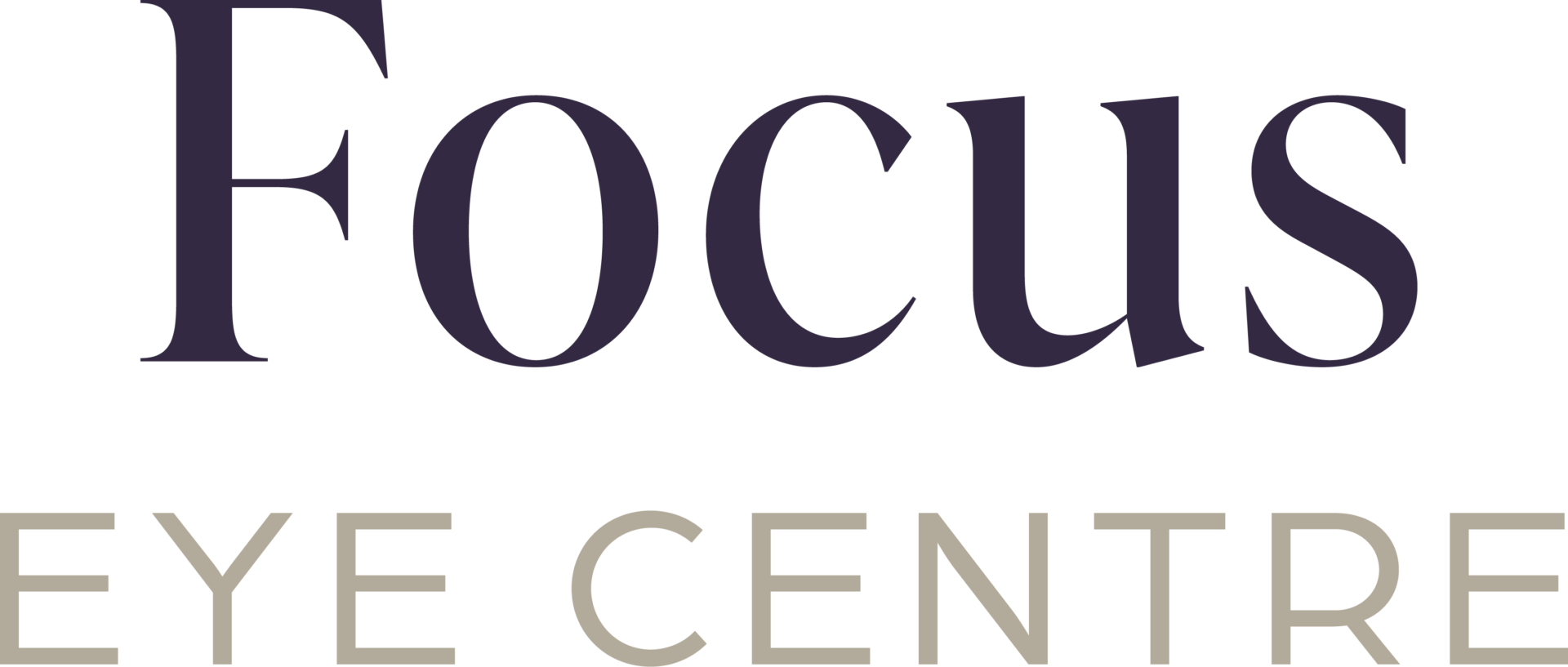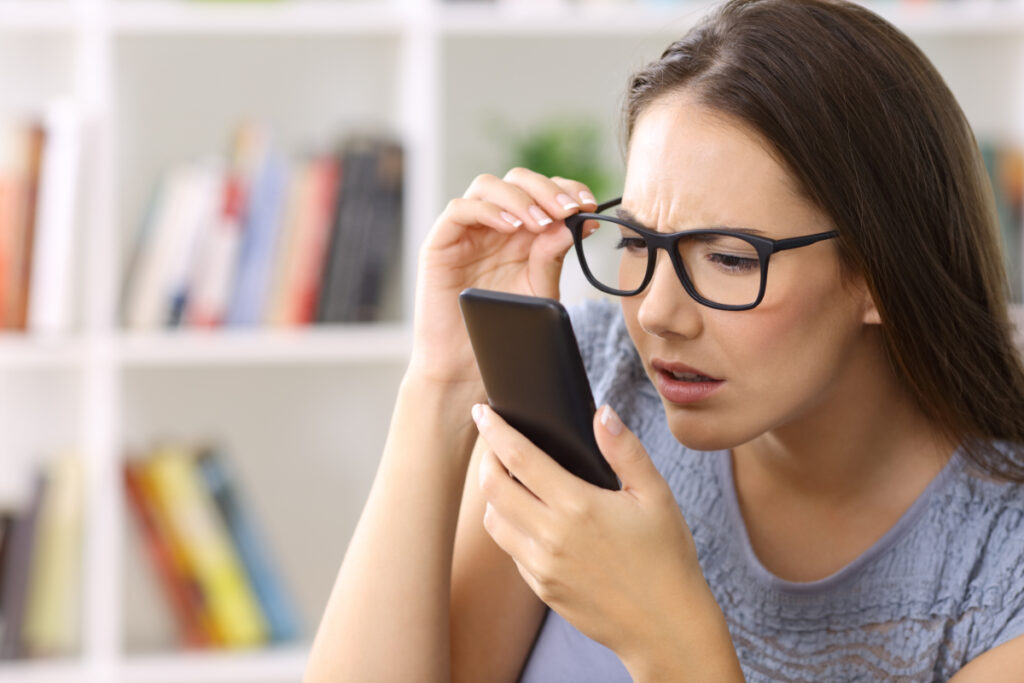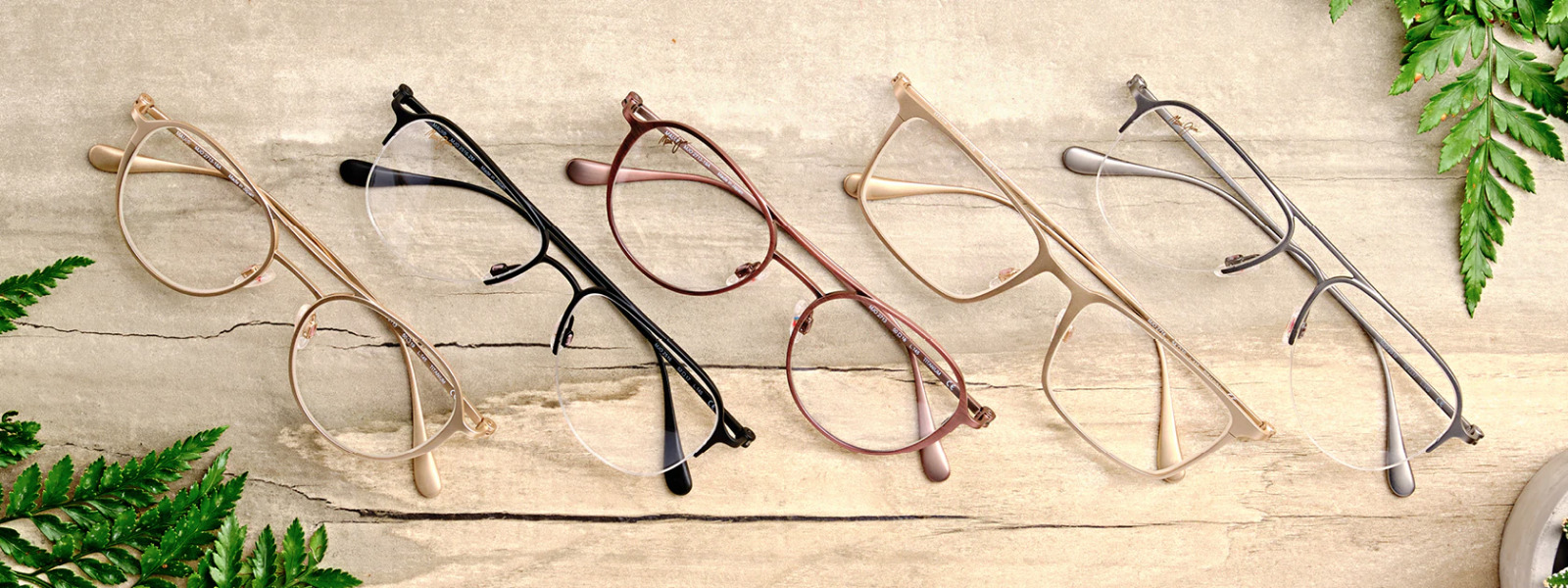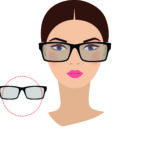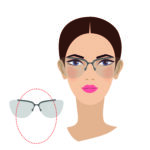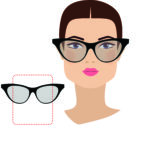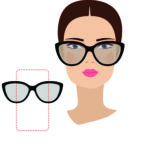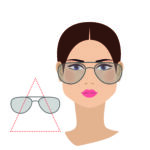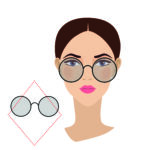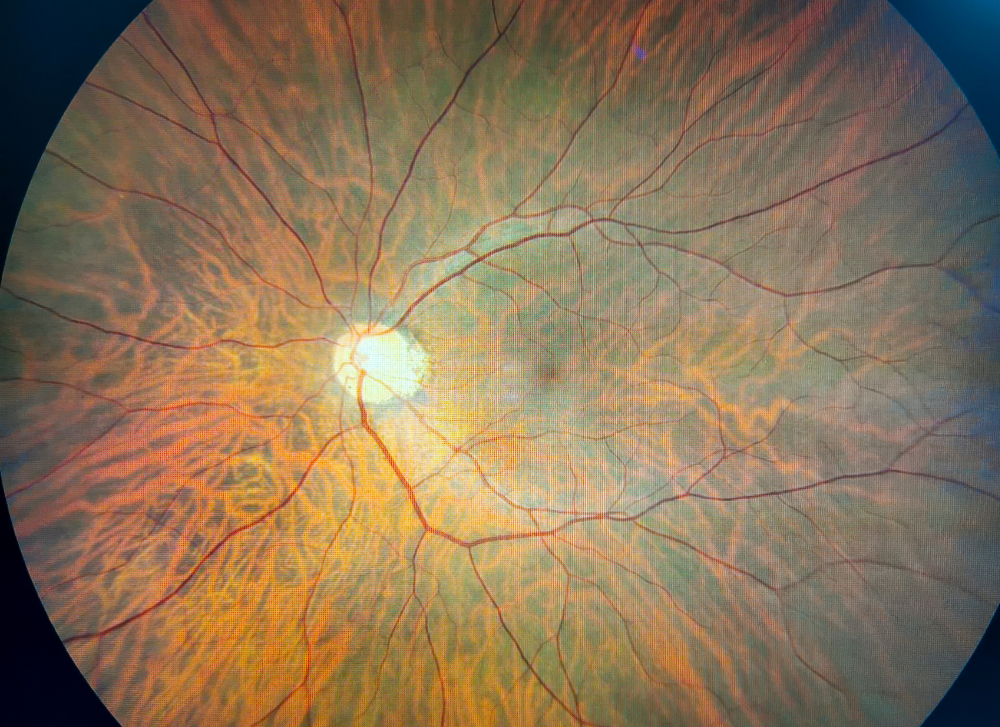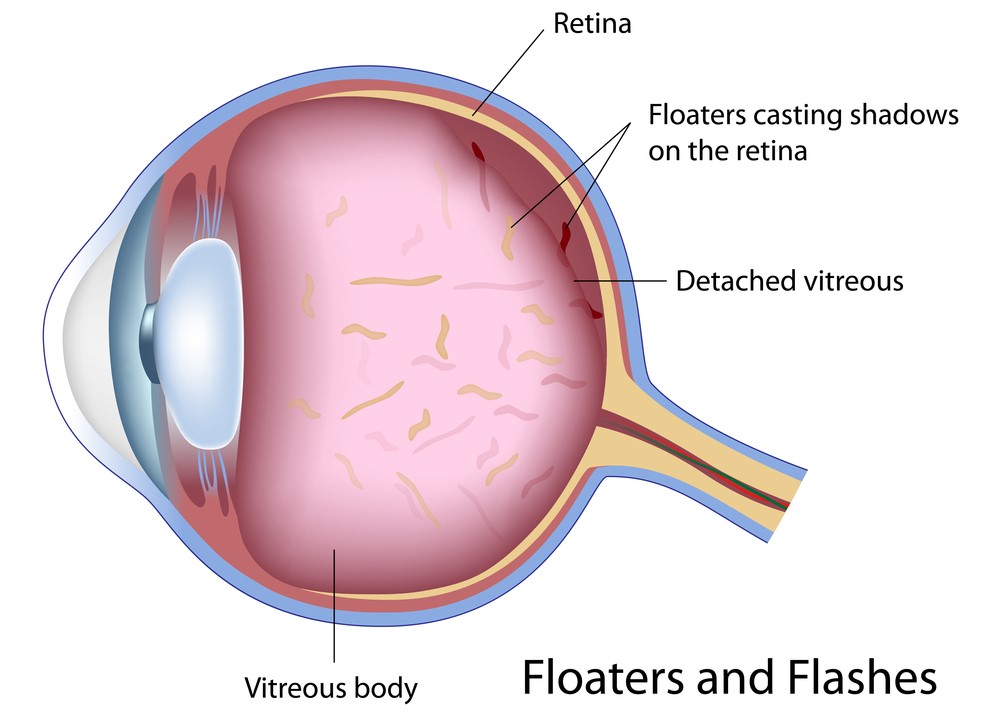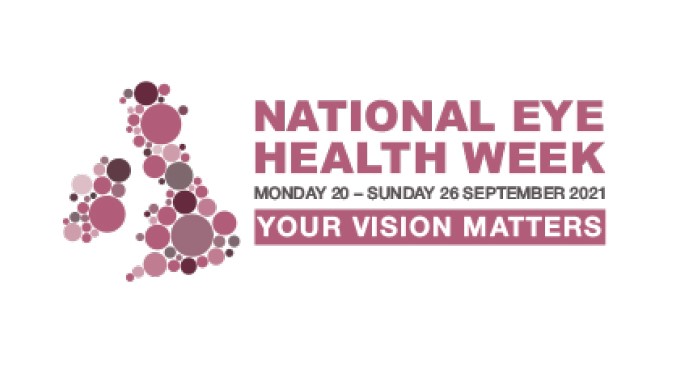Eye strain is always such a big topic, with all the hours spent on different devices. If you ever have felt any eye strain whilst working on a digital screen, then you may have heard about ‘blue light’ and scared yourself by doing a quick Google Search. Maybe even coming across the increasingly popular blue light glasses, due to their bold claims of being a protective shield for your eyes. But do they really work?
What is blue light?
First off, blue light is a part of the visible light spectrum; which is a fancy way of saying what the human eye can see. It has the shortest wavelength and operates at the highest energy. We are exposed to this light from many sources; the biggest being the sun. however, many man-made sources have caused blue light to gain its notoriety due to its link to digital screens.
Some of the most notable blue light emitters are bulbs, LEDs, flat-screen LED televisions, computer monitors, smartphones and tablet screens. With all of these devices becoming more and more popular the amount of blue light we are exposing our eyes to is going up. The amount of time people spend using these devices and the proximity of these screens to the eyes has also caused some concern about the potential long-term effects of this light on eye health.

Does it damage your eyes?
Some experts have suggested that too much exposure to this light can damage the light-sensitive cells in the retina. Whilst there is little research to support this, the short wavelength of the light makes it very easy to penetrate the eyes.
However, a study by O’Hagan JB, Khazova M & Price LL found that the level of blue light we expose ourselves to from screens is significantly lower than that of natural daylight – and neither levels approach eye safety limits.
What are blue light glasses and do they work?
Blue light glasses contain lenses that are designed to reduce the amount of blue light that reaches the eye. This prevents the waves from actually penetrating the eye. There is also a setting on your PC that can help reduce blue light and make your eyes a little more comfortable when working on a screen.
However, there is no research backing that these lenses can protect eye health at all. Essentially, there is no scientifically proven benefit to wearing these glasses.
It is just maybe more about ensuring a bit more eye comfort.
Are they effective against eye strain?
Eye strain is not necessarily caused by the blue light emitted by the screen. It is more likely that your eyes are straining to have to concentrate on a single screen for too long. Your eyes are having to constantly refocus when you’re looking at a screen, which can be fatiguing. Other factors such as the distance you sit from your screen or if the environment you are in is too dark; can affect eye strain. Many factors have an effect on how much your eyes strain; some that blue light glasses will be ineffective at preventing.
Other solutions
For tips on preventing eye strain whilst using a digital screen, we highly recommend you read our blog on whether eye strain causes headaches, the last paragraph covers how to prevent this.
Need Any Help?
If you’re starting to find it difficult to look at a digital screen for long periods, then you might want to consider getting a professional examination on your eyes. Getting glasses for use with your computer might help to relax and protect the health of your eyes.
We are an award-winning local opticians based in Hailsham, East Sussex, so if you’re in the area and want an eye test, or have any questions about the health of your eyes, then please call in and see us!
If you’d like to book an appointment with us, click here, or call us on 01323 442 062.
